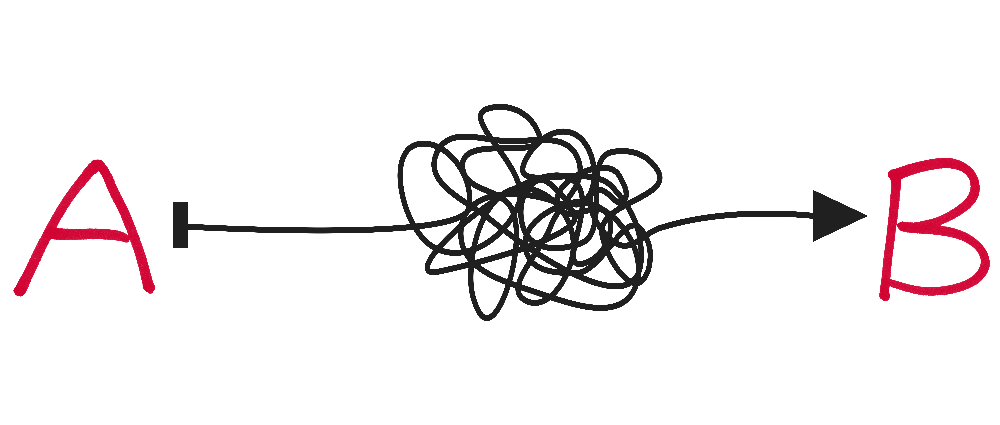Developing SMART Goals
Near the beginning of each year, many people make New Year’s Resolutions that include plans to improve some aspect of their lives. By the year’s end, approximately 95% of those plans would have failed. These failures occur primarily for two reasons. The first reason relates to not properly defining smart goals. Often the goals are too complex and difficult to understand. The second reason, which is the most difficult to achieve, involves breaking the old habits of our current mindset and establishing new ones.
Defining SMART Goals
The word “SMART” is an acronym that functions as a memory aid for the five components of properly defined goals. Those components and their descriptions are
SMART Goal Example
Goal statements need not be complicated. All five components of a SMART goal can be
expressed within a single sentence. Here’s an example:
SMART Goal Example
By May 2021, after graduating from the University of Goal Setting, I will start a career
in the accounting profession.
The goal statement shown above contains all five of the SMART elements.
Once your goal is defined, the next step is implementation. The implementation phase is more challenging, but when planned and executed properly, successful completion can become a reality.

